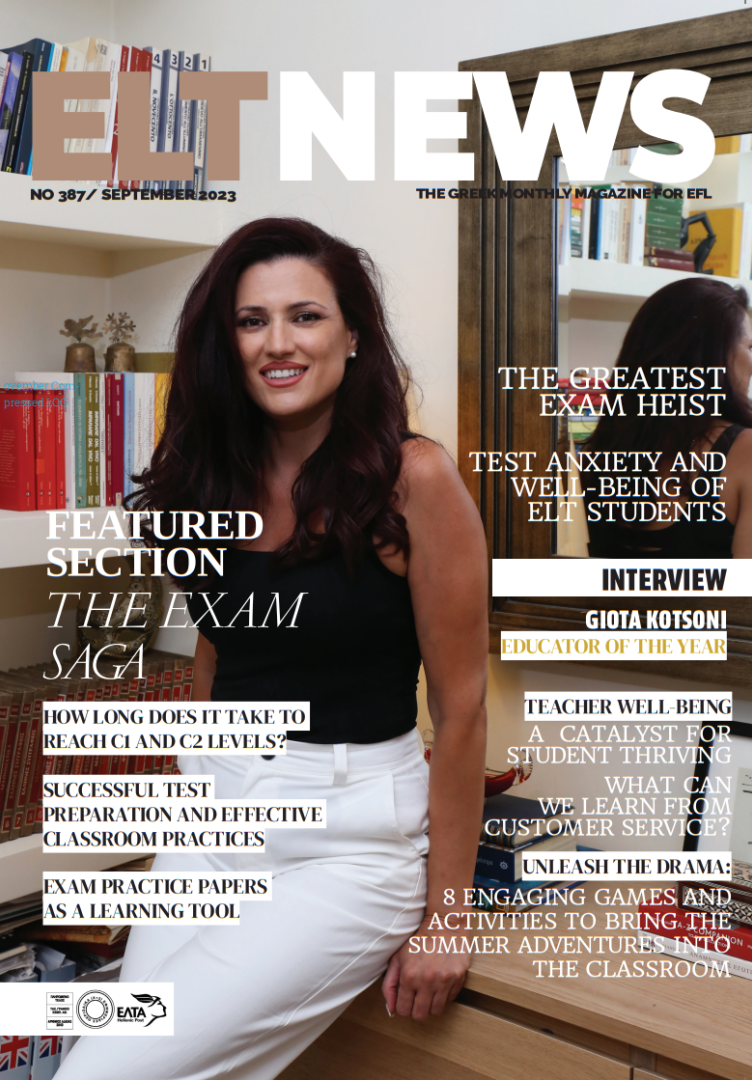Language and the big decisions in life
Have you ever taken a test? I suspect that you have. But I also guess that you simply took it for granted that you had to. Perhaps you also accept that someone in authority has decided, in advance, that failing the test will result in certain restrictions, like not being allowed to drive a car or pursue a specific job. Did you know that in the UK, passing an English language test is a requirement to become a taxi driver?
For health professionals such as nurses and midwives, the language demands are even higher. They need to pass not only language tests but also content assessments like map reading and medicine.
What happens to individuals who pass or fail these tests? Do we genuinely care about their dreams and aspirations? More importantly, how did tests, especially language tests, come to have such a pervasive role in regulating almost everything we are allowed to do in society?
Text by: Anastasia Spyropoulou
Using language tests and various assessments to make significant decisions has always been inherent in human society. ELT NEWS has previously covered language exams, and it undoubtedly will continue to do so in the future. Our educational system heavily relies on test scores to differentiate between strong and weak learners. Moreover, the numerous language schools across the country operate as essential components of a vast exam machine, ensuring its continuous maintenance and existence. In the state sector, recruitment often favors candidates with language certificates of any kind and value, as it grants them a competitive advantage. A certificate adds points to the list of qualifications, and even if the language skills have not been practiced or used for a long time, the certificate's existence is what counts.
Tests have a significant impact on teaching as they serve as instruments of social policy and control. Changing the test can lead to changes in teaching methods. Ideally, testing should be closely linked to language education. It should not just generate data to address language education issues or serve as external control of curriculum achievement, but also contribute to and facilitate language learning and development.
Assessing language proficiency involves not only technical skills and knowledge to construct and analyze a test (the psychometric and statistical aspect of language testing) but also an understanding of what language is, what it means to ‘know’ a language, and the complexities of learning a language as a mother tongue or as a second or subsequent language. It also requires understanding of what it takes for individuals to perform at their best using language.
Continuous research on washback and test consequences is essential for testing institutions. Understanding how washback occurs, why teachers and students respond in certain ways, and why tests are designed, exploited, abused, or misused is crucial.
Unfortunately, not all exam institutions conduct enough research on these issues or communicate their findings effectively to stakeholders. Some institutions may prioritize profit generation, while others strive to maintain the integrity and credibility of their exams through various measures, such as using secure testing methods and employing subject matter experts in test development. Reputable institutions also regularly review and update exam content to align with industry or educational changes.
Individuals should conduct thorough research and choose exams from reputable institutions that align with their educational and career goals. This ensures that the certificates earned hold genuine value and relevance in their chosen fields.
